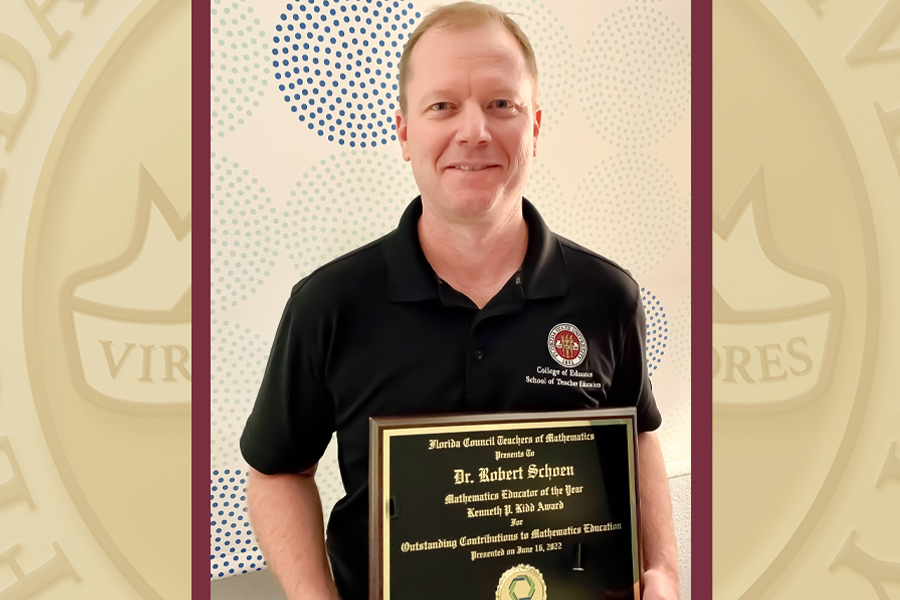To deal with esophageal most cancers, professor turns to mathematical fashions – Information Middle

A mathematician at The College of Texas at Arlington is growing a data-driven mathematical framework to research the development of esophageal most cancers.
People with esophageal most cancers usually obtain a late analysis as a result of the illness presents no early signs. With a low survival price, esophageal most cancers is likely one of the main causes of most cancers mortality in the USA.
To hunt options, the Nationwide Science Basis’s (NSF) Launching Early-Profession Tutorial Pathways within the Mathematical and Bodily Sciences (LEAPS-MPS) program awarded Souvik Roy, assistant professor of arithmetic, a two-year, $215,000 grant to mathematically mannequin the dynamic behaviors of biomarkers that current altered genetic expressions throughout esophageal most cancers.
Roy’s aim is to develop stochastic computational frameworks that may precisely characterize the random habits of signaling pathways (a sequence of chemical reactions by which a gaggle of cell molecules work collectively to manage cell perform). These frameworks will then be used to supply a fast, cost-effective advice of most cancers therapies to deal with the illness.
“Think about a software program software the place you possibly can enter esophageal most cancers affected person information together with accessible drug info, after which obtain a beneficial optimum course of remedies,” Roy stated. “It might make the clinician’s job simpler and enhance survival charges.”
Arithmetic advances most cancers analysis through the use of strategies which might be impractical or unimaginable for conventional experimentation to execute, Roy stated. With out mathematical fashions, experiments to know the mechanics of most cancers could be tedious, costly and time consuming. As soon as fashions have been developed, mathematicians can use them to review and predict the illness’s long-term habits, thereby facilitating fast and correct therapy suggestions.
In addition to supporting Roy’s analysis, the LEAPS-MPS funding will present coaching and analysis alternatives for each undergraduate and graduate college students, primarily from underrepresented teams, with an purpose of creating a long-term collaboration amongst arithmetic, biology and nursing college students on UTA’s campus. With collaborator Zui Pan, professor of nursing, biology, bioengineering and kinesiology, Roy plans to develop a UTA heart the place college students can study in an integrative mathematical biology experimental analysis setting.
“Interdisciplinary analysis is essential to tackling pressing issues of illness prevention and therapy,” Roy stated. “By way of this undertaking, school and college students from arithmetic, biology and nursing can come collectively to resolve issues which might be on the forefront of our day-to-day lives.”


